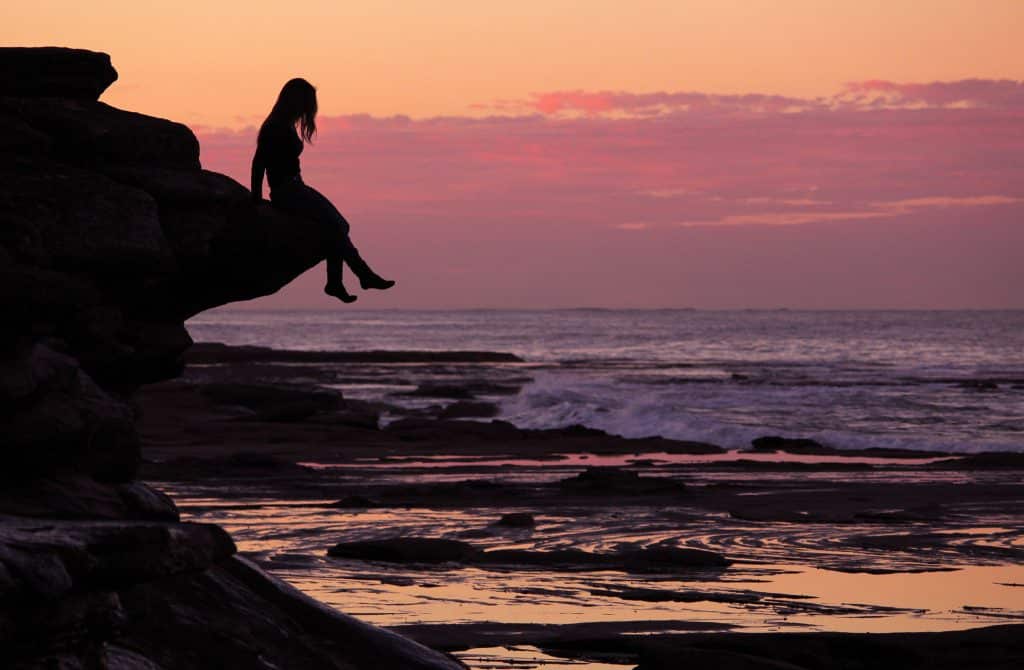Life isn’t one-size-fits-all.
For years, the expectation was that everyone followed a similar formula when it came to the way they lived. Leave school, find a job, find a partner, buy a home, have children, work until retirement – for many, it seemed like the obvious choice when it came to deciding which path to take.
These days, we can want much more. Across the world, people are increasingly beginning to turn away from this tired routine, break out of the mundane, take control and seek variety within their lives – living a nomadic lifestyle is more popular than ever.
What does it mean to be a nomad? Put simply, a nomad is a person with no fixed abode – a traveller with a passion for the new and the unknown. Living nomadically allows a person to see the world, to expand their connections with others, meet new people and to connect with varying cultures on a deeper level than can be achieved through a simple vacation. Living nomadically often allows a person to live their life to the absolute fullest, enjoying vibrant, varied experiences along the way.

To some, it may sound like a dream – to others, perhaps a nightmare. There are, of course, certain aspects of nomadic living that some would likely find very uncomfortable. The idea of living nomadically conjures up images of cramped camper vans, dragging yourself from a makeshift bed and taking a washbag of miniature toiletries into a public shower. However, the nomadic lifestyle can, these days, be completely different – perhaps even far more luxurious than living traditionally.
However, the nomadic lifestyle can, these days, be completely different – perhaps even far more luxurious than living traditionally.
There’s no need to become accustomed to life on the road or rush out to purchase an RV in order to get a taste of nomadic living. Many 21st century nomads opt for something far more premium, instead taking up temporary residence in a variety of hotels as they travel – after all, all experiences are better after a good night’s sleep in a beautifully-designed room, aren’t they? But for those that love to live on the move, apart from needing a good motorhome insurance, will need to plan a more austere life and keep only the essentials since the space is very limited.
Those who wish to live nomadically have also often previously needed to live on a tight budget in order to get by and may have needed to save for an incredibly long time prior to hitting the road. However, these days, this isn’t always necessary, as the last few years has seen the rise of a new kind of nomadic living – a kind which allows a person to achieve the freedom that they crave when they initially decide to break out from the mundane.
Digital nomads are the growing group of professionals who – armed with nothing but a laptop, mobile phone and stable internet connection – are able to continuously fund a luxurious, nomadic lifestyle whilst working from wherever they choose. Given that opening themselves up to brand new and exciting experiences is often the motivation behind those who choose to live nomadically, this style of working allows for maximum enjoyment of your vibrant new surroundings with no tight budget.
This doesn’t work for every job, of course, though there are a growing number of roles in which remote working is standard. However, to best enjoy this style of work/life balance, it’s increasingly popular to take on a freelance position – or to go even further in maximising your enjoyment of the digital nomad lifestyle.

If you’re looking to transition into the nomad life and wish to ensure that you’re able to live it to the fullest, the most beneficial income source would always be a passive one. By using clever investments and building a means of passive income, a nomad is able to open themselves to the world fully – no work, all play. If living nomadically is all about experiencing the world on your own terms, surely this is the perfect way to do it.
So, what are the downsides of nomadic living, specifically the more luxurious nomadic lifestyle of the 21st century?
A common complaint is that nomadic living can become lonely. Of course, one of the main benefits of living traditionally is forming friendships and having a close circle to spend time with, which is a luxury inaccessible to those who do not reside in one place. However, there are such huge communities online today – many specifically for those who live a nomadic lifestyle – in which travellers can make friends and connect with others nearby that this is not the problem it once was.
If anything, 21st century nomadic life allows for travellers to connect with more new friends than ever before.
There’s also the idea that living nomadically requires sacrificing access to home comforts – an issue that is unlikely to cross the minds of those who have chosen to live between some of the world’s must-visit hotels.
Overall, it looks as though nomadic living is a lifestyle set to continue in its growing popularity for years to come – and there’s never been a better time to try it out for yourself.
READ MORE: Work The Nomadic Life With These WFH(otels)


